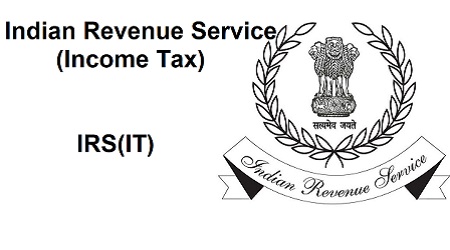
In current times, owing to pandemic, India has witnessed massive shift from offline to online way of working, conducting transactions and delivering seamless services. Sectors like BFSI have seen a major shift in adoption of cutting-edge technology especially related to online authentication and verification for residents and customers alike for digital transactions. The way customers identify themselves to access financial services is changing significantly.
In its march towards exploring the power and potential to follow Prime Minister’s vision fueled by the spirit of Aatmanirbhar Bharat and ongoing celebration for ‘Azadi ka Amrit Mahotsav’, Unique Identification Authority of India (UIDAI) and Reserve Bank Innovation Hub jointly held a Day-long conference titled “Identity and Innovation: Key to India’s Financial Sector Revolution”on 24 February 2022 at Bengaluru, Karnataka.
The event was attended by Sh. T Rabi Sankar, Deputy Governor, Reserve Bank of India, Dr. Saurabh Garg, CEO, UIDAI, Sh. Kris Gopalakrishnan, Chairperson, RBIH, Sh. Rajesh Bansal, CEO of Reserve Bank Innovation Hub (RBIH) along with industry leaders and representatives of top Fintech Companies and Banks.
In his keynote address, Sh. T Rabi Sankar, Deputy Governor, RBI said that India has emerged as a global leader in terms of technological solutions in the payments space. RBI has always been taking measures to organize the growth in financial sector especially in the area of (financial) technology. The purpose of RBI setting up RBIH was to facilitate innovation in the field of technology and banking. On the topic of inclusivity, large proportion of population in India still uses feature phones. FinTech can improve the efficiency of intermediation by driving down costs, improving customer service and expanding the reach of financial services. On the subject of CBDC he said that a major advantage is cross border payments. If all countries develop their own CBDCs it would be possible to make cross-border transactions instantaneously and at very low costs.
Dr. Saurabh Garg, CEO, UIDAI said that Aadhaar has made a fundamental difference in lives of millions of people especially those who are at the bottom of pyramid. It has made a significant difference the way government programs are administered. Talking about Aadhaar 2.0, he informed that it is an introspection-cum-exploratory endeavor by UIDAI to analyze the reach of Digital Identity Infrastructure with biometric authentication in major reforms and government schemes and also to look into various futuristic aspects of Digital Identity to achieve universal inclusion.
Sh. Kris Gopalakrishnan, Chairperson, RBIH shared his vision on how to harness innovation for 1.3 billion Indians suggested that a public goods platform to be created on top of which private innovations can happen. If the platform has to be independent and fair and not get carried away with profits, it should be maintained by either the govt or a non-profit entity. Only technology can find solutions to address the issue of disparity, access, affordability, fairness thus transforming the lives of millions of people.
Sh. Rajesh Bansal, CEO, RBIH in his address said that RBIH’s motto Innovation, Inclusion, Impact is based on the vision and aims to leverage new technologies to improve economic opportunities through financial inclusion. RBIH provides the platform to anchor a shared vision among all financial ecosystem stakeholders.
It is widely understood that traditional banks have legacy processes, huge governance structure, and parallelly also have gathered lot of wisdom, data and the value of their vast experiences with huge customers and transactions. Banks partnering with new age Fintechs under legitimate regulatory umbrella, is what will drive progress, and these should be be considered as enablers and partners by banks and other financial institutions.
The Panel Speakers and participants deliberated on emerging technology like facialauthentication, smartphone-based authentication, use of blockchain in financial sector and to explore ways in which processes like eKYC and information sharing can be made simpler and affordable for masses.
Discussion on Open digital public Infrastructure, futuristic technology upgrade as part of Aadhaar2.0, improvement of Aadhaar-based services for the financial sector were also held. Top Indian Fintech players, start-ups in identity verification and payments space and traditional bank representatives expressed their wishlist for Aadhaar 2.0.The conference also saw discussions around privacy and data ownership in wake of Data Privacy Bill for India. Being able to provide an affordable, simple way for underserved or excluded residents from financial services to identify themselves digitally, from any place and channel of their choice, will lead to significant progress for country.
The conference ended with rich exchange of ideas related to adoption of Digital Identity within financial services and paving the way for era of Smart Governance and ubiquitous connectivity and services in Financial Space for overall development of Digital Economy.







Leave a Reply
You must be logged in to post a comment.